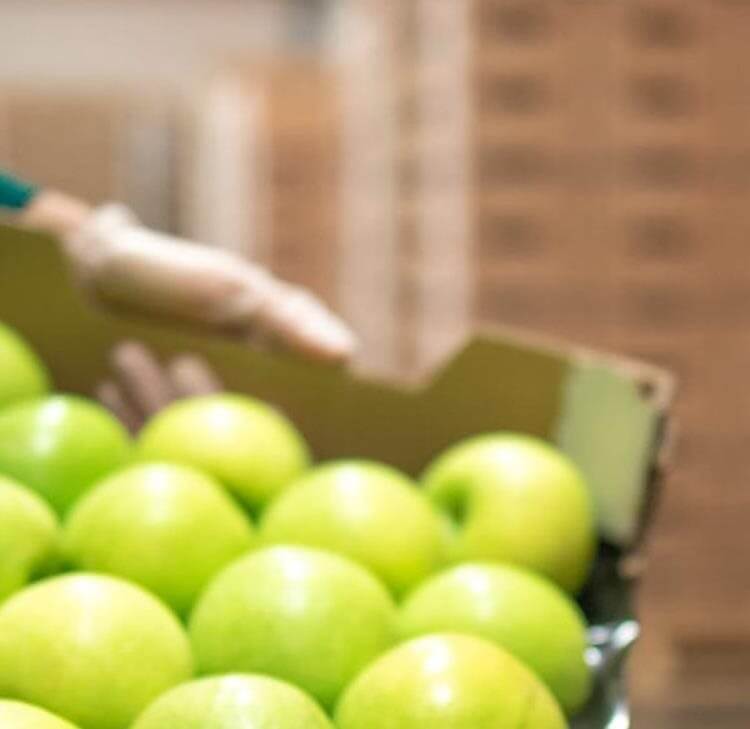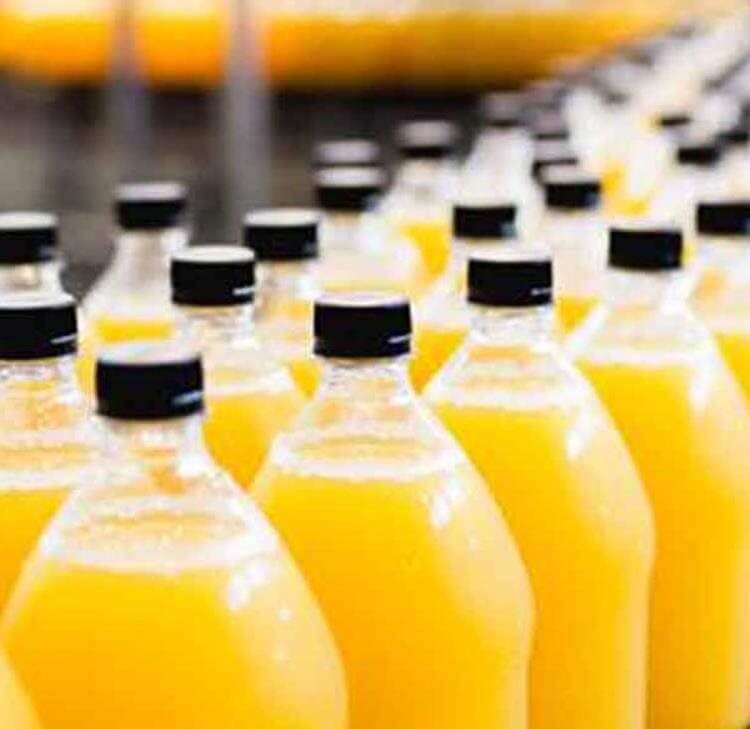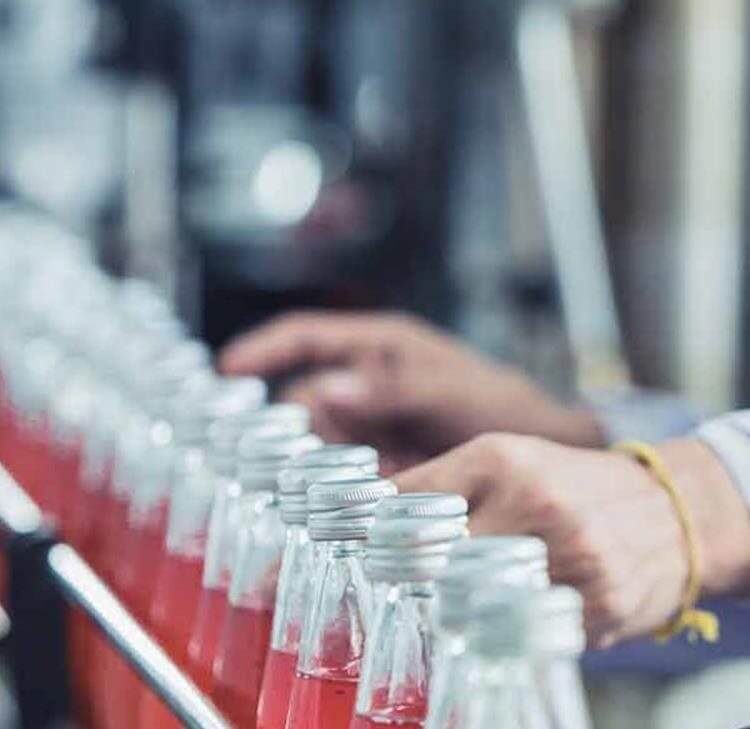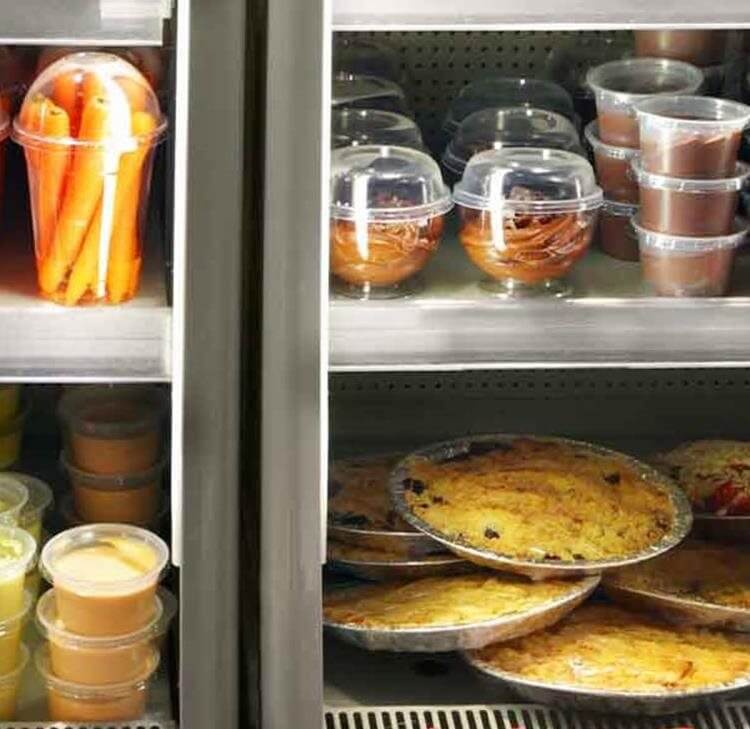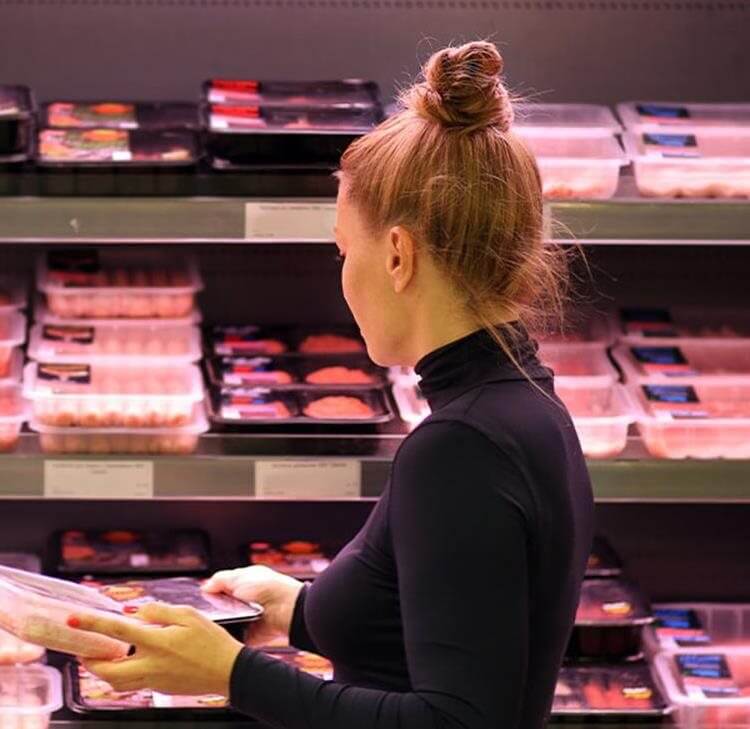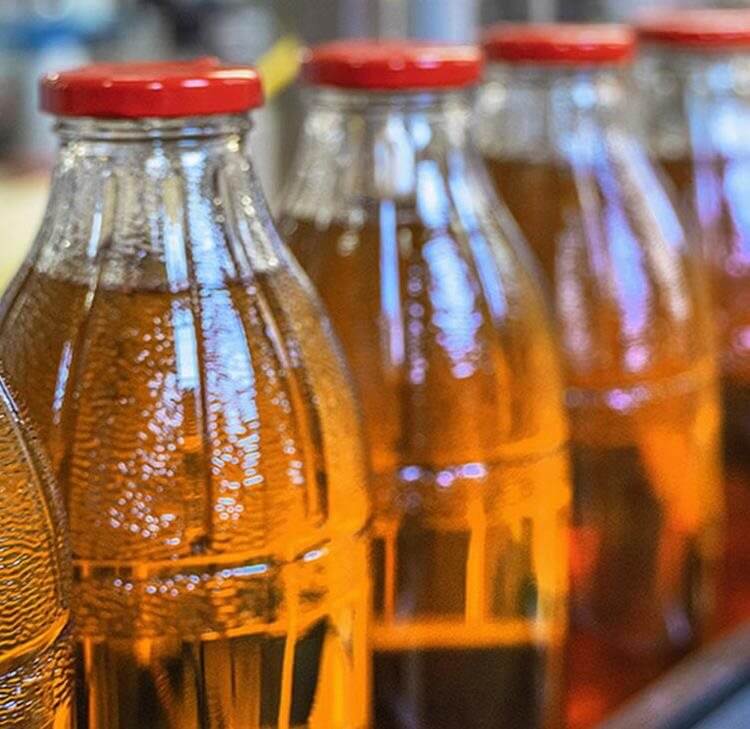In recent years, Dry January has evolved from a health-driven initiative into a significant cultural and commercial phenomenon, influencing consumer behaviour and market dynamics extensively. This shift has not only opened new avenues and opportunities for drink manufacturers, bars restaurants and retailers, but has also introduced a complex array of legal considerations.
Recent market data dramatically illustrates the scale of this shift. According to a 2023 survey by Drinkaware, approximately 35% of UK adults participated in Dry January, representing a substantial increase from just a decade ago. The non-alcoholic beverage market has experienced explosive growth, with global market research firm IWSR reporting a 7% year-on-year growth in no and low-alcohol products, projected to increase by 31% by 2025. We are seeing these trends internationally too - in the United States, non-alcoholic beverage sales jumped by 33.2% in 2022, signalling a profound consumer-driven transformation.
As the industry adapts to these changes, understanding wide ranging legal implications, from regulatory compliance to advertising pitfalls, becomes crucial. Manufacturers now face critical questions about how to responsibly market their products during this period of heightened health consciousness. This includes developing clear labelling strategies, ensuring accurate representations of alcohol content, and creating marketing campaigns that respect both consumer health trends and legal boundaries. The potential for regulatory investigations and disputes has never been more pronounced, with increased scrutiny on how beverage companies represent their products and target their marketing efforts.
On top of this, the Dry January trend highlights the need for comprehensive legal strategies that address emerging market segments. Manufacturers must proactively develop approaches to non-alcoholic product lines, trademark and other intellectual property considerations for new product categories, and potential regulatory challenges associated with health-focused beverage innovations.
The legal landscape surrounding Dry January is not just about compliance—it's about strategic positioning in a market that is rapidly evolving and seizing opportunities for growth. Manufacturers who understand and anticipate these legal considerations will be best positioned to navigate the complex intersection of health trends, consumer expectations, and regulatory requirements.
In our new Dry January article series, we discuss the key legal issues facing drink manufacturers, bars restaurants and retailers amidst a rising trend of consumers going sober in the new year.
If you would like to discuss any of the matters below, do not hesitate to get in touch with our food and drink team. Our full-service food and drink lawyers have a range of specialist food and drink sector knowledge from their experience of advising a range of multinational clients from field to fork, including listed food and drink manufacturers and distributors, national retailers, bars and restaurant chains.
Contents
- Sobering thoughts: A look at the alcohol-alternative ad rules
- Rising demand for low and no alcohol alternatives: UK’s growing market and the challenges ahead
- Dry January and its regulatory implications: A sobering perspective
- Alcohol charity on the “Naughty List” for attempts to trade mark “DRY JANUARY”
- Dry January: Effects on the real estate and hospitality industry
- Considering the growing trends of mindful drinking
- Festive without the spirits: Embracing inclusivity at Christmas and social parties




